
Buddha explained this very nicely in the Sallatha Sutta. He compares the physical pain to the first arrow and the mental pain to a second arrow. The physical pain we all have to endure. However the mental pain we create due to our own ignorance and it is optional.
"When touched with a feeling of pain, the uninstructed run-of-the-mill person sorrows, grieves, & laments, beats his breast, becomes distraught. So he feels two pains, physical & mental. Just as if they were to shoot a man with an arrow and, right afterward, were to shoot him with another one, so that he would feel the pains of two arrows; in the same way, when touched with a feeling of pain, the uninstructed run-of-the-mill person sorrows, grieves, & laments, beats his breast, becomes distraught. So he feels two pains, physical & mental..."
"Now, the well-instructed disciple of the noble ones, when touched with a feeling of pain, does not sorrow, grieve, or lament, does not beat his breast or become distraught. So he feels one pain: physical, but not mental. Just as if they were to shoot a man with an arrow and, right afterward, did not shoot him with another one, so that he would feel the pain of only one arrow. In the same way, when touched with a feeling of pain, the well-instructed disciple of the noble ones does not sorrow, grieve, or lament, does not beat his breast or become distraught. He feels one pain: physical, but not mental..."
"Sallatha Sutta: The Arrow" (SN 36.6), translated from the Pali by Thanissaro Bhikkhu. Access to Insight, 30 June 2010,http://www.accesstoinsight.org/tipitaka/sn/sn36/sn36.006.than.html . Retrieved on 15 January 2012.
The physical pain is received by the mind in a series of sensory inputs from the neuronal pathways to the brain. The brain receives this as a pain sensation. The mind recognizes this thorough a series of mental changes consciousness, contact, feeling, perception and thoughts. Please see the mind works model for arising and passing these Nama Dhamma. It is also discussed in the post on The five aggregates: a self generating entity. We dislike the unpleasent feeling of this pain and we create a series of thoughts of aversion and clinging to them and creating our own mental suffering. Seeing this as it happens and letting go of it is the work of insight.
Also listen to:The Arrows of Emotion by Thanissaro Bhikkhu
Related science news:Why chronic pain is all in your head
Published: Sunday, July 1, 2012 - 20:01 in Health & Medicine
http://esciencenews.com/articles/2012/07/01/why.chronic.pain.all.your.head


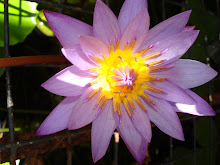













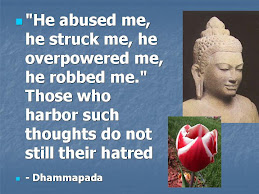

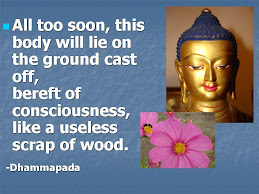
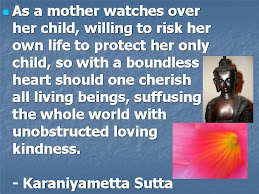
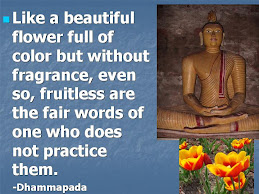
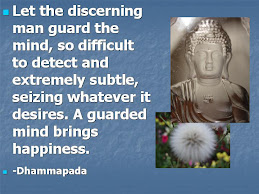

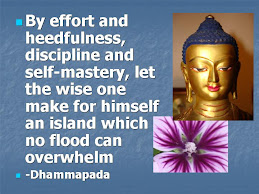

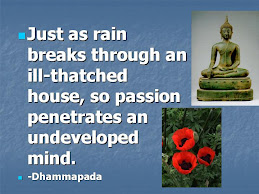

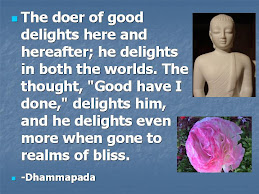
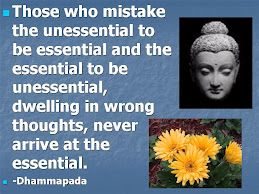
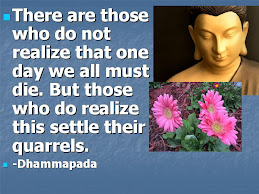
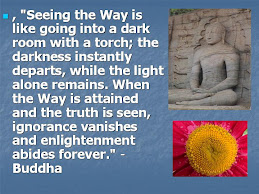

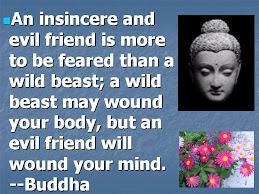
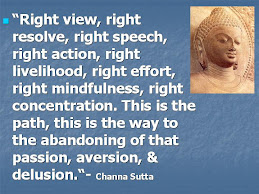

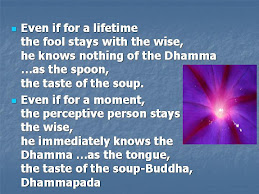


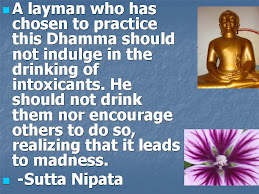
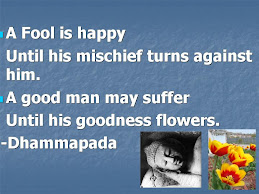
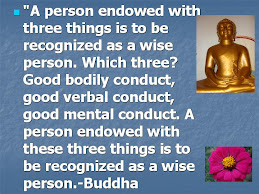

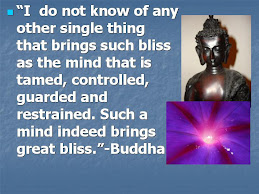
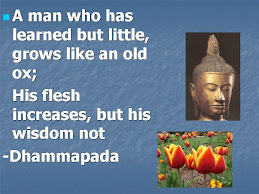
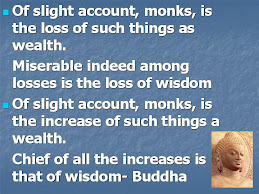

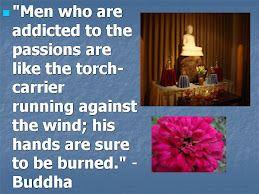


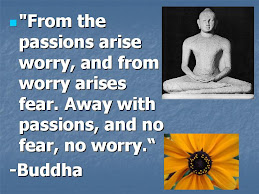
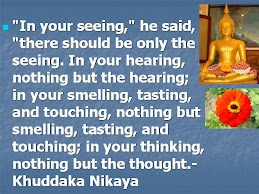




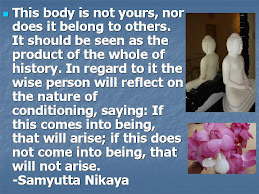
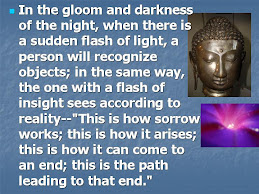
















2 comments:
I was taught to never give up and always fight. But I have come to learn that acceptance and letting go of what you can not control quiets the mind. Acceptance is very different than giving up. Physical pain can be managed but mental pain coming from fighting it can be managed by you. That is what I have learned through meditation.
It occurs to me this same principle applies to dealing with addictions as well. When I let my cravings for the objects of my addictions be instead of fretting over them I arrive at a kind of peace...and can endure.
Post a Comment